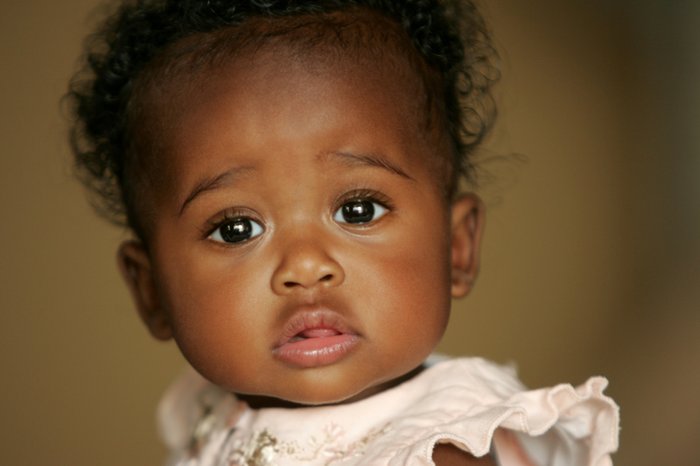
(Why this child is defined in America as "black" is problematic, but that's another issue.) When they were released from prison, they neglected to claim Lynn, who was then sent to a white couple for foster care while state authorities began the process of terminating the biological parents' parental rights. This little girl, Lynn, had been born to a white mother and a black father while both were serving prison sentences for heroin possession. "Within four months," Bates writes, the agency "brought us a daughter who turned out to be healthy, beautiful and black." Influenced by friends who were also contemplating adoption - and were willing to adopt regardless of race - the Bateses told the Oregon Children's Services Division that they wished to adopt, and that age mattered to them, but race did not. Her husband did not want another pregnancy or baby but was willing to adopt an older girl. They had two biological children, both boys, but Gloria wanted to add a daughter. In 1970, Bates and his wife, Gloria, decided to adopt a child. All three are eye-opening, although not entirely in the ways their authors intended. Rush's Loving across the Color Line: A White Adoptive Mother Learns about Race. Douglas Bates' Gift Children: A Story of Race, Family and Adoption in a Divided America, Jana Wolff's Secret Thoughts of an Adoptive Mother, and Sharon E. Over the past decade, however, a few white adoptive parents of black youngsters have written memoirs about their experiences. No comprehensive, up-to-date survey exists. The facts about the whites who cross the racial frontier to adopt - how many there are, who they are and how they pursue their parenting responsibilities - are difficult to ascertain. Many have accepted myths that portray white adopters as merely "better-than-nothing" parents - people society should turn to for parenting a black child only when no same-race option is available.īut should we as a society be discouraging interracial adoption, as so many believe, or, on the contrary, celebrating it? Like other minorities, white adoptive parents of black children are at risk of internalizing the prejudices surrounding them. Moreover, as if the suspicions of strangers were not enough to contend with, white adopters must also frequently deal with nagging doubts of their own.

Are they adopting black youngsters to satisfy some neurotic need? Are they more interested in demonstrating political virtue than in pursuing the prosaic tasks of parenthood? Are they so desperate to raise a child that they will accept a black one though they would really prefer a white one? Are they dangerously naive about the realities of racism? Are they racial missionaries seeking to "save" black children from blackness? Are they trying to obtain juvenile slaves? Whites who adopt black children are widely viewed with suspicion.

Loving across the Color Line: A White Adoptive Mother Learns about Raceīy Sharon E. Andrews and McMeel Publishing, 148 pages, $12.95 Ticknor & Fields, 270 pages, $21.95īy Jana Wolff. Gift Children: A Story of Race, Family, and Adoption in a Divided Americaīy J.


 0 kommentar(er)
0 kommentar(er)
